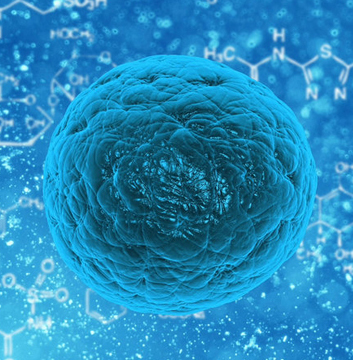
A rare variant of a protein present in nearly all human cells may hold the key to improving the effectiveness of breast cancer treatment, according to University of Manchester research funded by Breast Cancer Now.
This discovery, published today (5 January 2023) in Oncogene, is the first time scientists have identified that targeting RAC1B, a variant of the RAC1 protein, could be a potential way of improving treatment for breast cancer.
RAC1 plays a vital role in maintaining the health of all organs so directing cancer treatment against it has rarely been a research focus. But the University of Manchester team led by Dr Ahmet Ucar, discovered that the less common RAC1B variant is particularly important in cancer.
The researchers found that breast cancer stem cells – the cells that are thought to cause cancer’s resistance to treatment, its recurrence and spread – rely on RAC1B.
As the absence of RAC1B doesn’t cause any harmful effects to organs, it makes it an attractive target for future breast cancer treatments.
When the team transplanted breast cancer cells into mice, they also found the cancer cells lacking RAC1B formed no visible tumours, even after 100 days.
Further investigations showed that breast cancer cells grown in the lab without RAC1B didn’t recover after being treated with the chemotherapy doxorubicin. But those cancer cells that retained it made a quick and robust return when the treatment was stopped. And the cancer cells with higher levels of RAC1B recovered faster.
